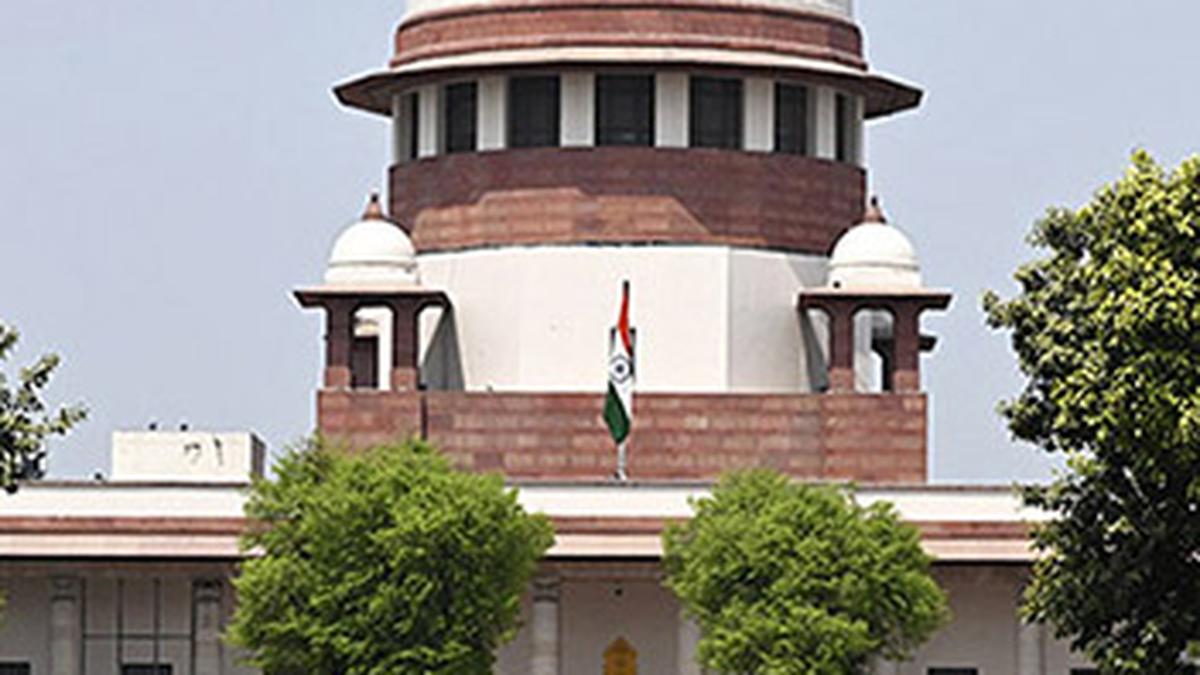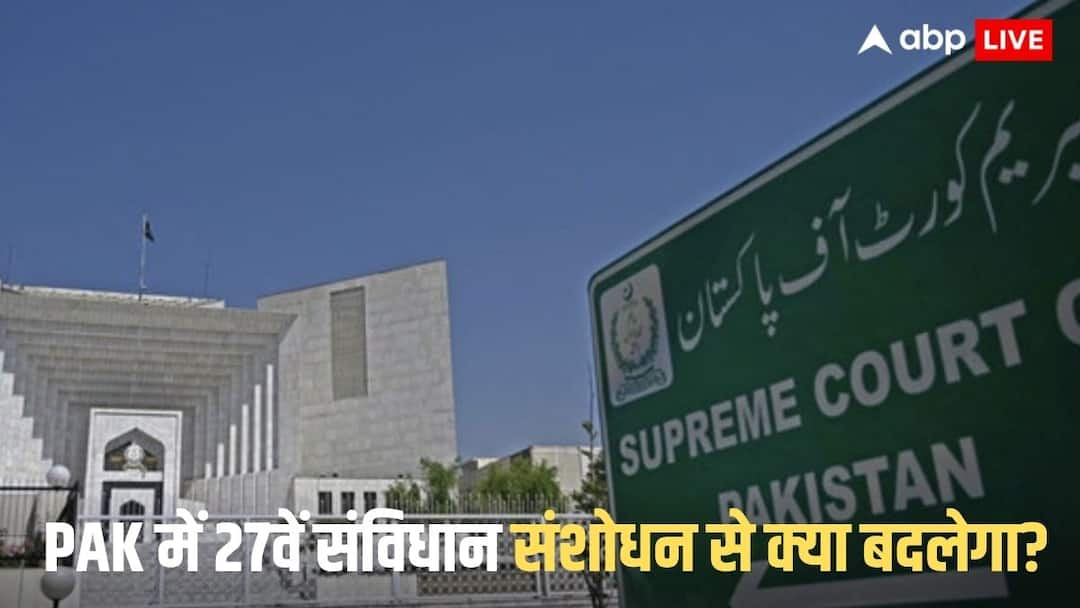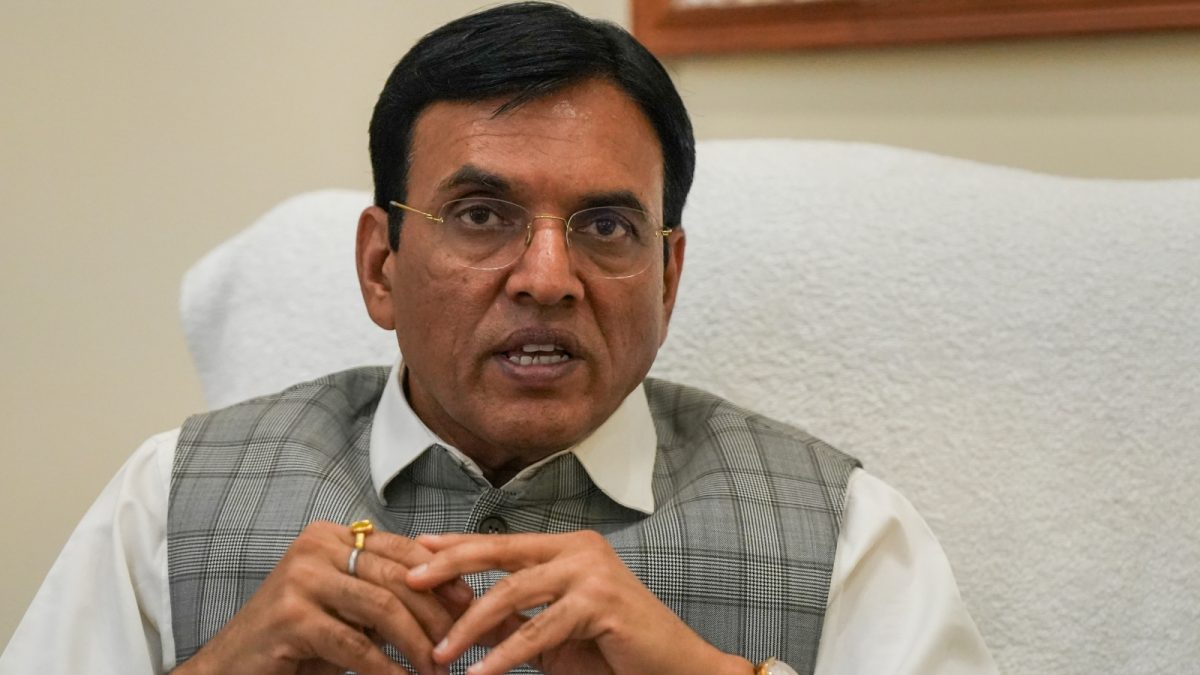- May 30, 2024
Law believes a dying person’s last words to be honest, SC judgment on dying declarations as evidence

Multiple dying declarations by a woman from Maharashtra before she died of her burn injuries were used by the Supreme Court to bring her justice. Image used for representative purpose only.
| Photo Credit: Sushil Kumar Verma
Persons on the verge of death rarely utter a lie and their last words are believed to have “greater acceptability” in the eyes of law, the Supreme Court has said in a judgment.
A Bench of Justices A.S. Oka and Ujjal Bhuyan ordered a man to be sent back to prison to serve a life sentence for the murder of his wife in Maharashtra.
The wife was a police constable. She was burnt to death by the man and his brother at Ambajogai in 2002. She was gagged, tied up and set on fire by the duo for the sole reason that she refused to share her salary with her in-laws. The man served in the Army.
Her multiple dying declarations before she died of her burn injuries was used by the Supreme Court to bring her justice.
“Acceptability of a dying declaration is greater because the declaration is made in extremity. When a party is on the verge of death, one rarely finds any motive to tell falsehood,” Justice Bhuyan observed in a recent judgment.
The court said a dying declaration could be a standalone piece of evidence.
“There is no absolute rule of law that a dying declaration cannot form the sole basis of conviction unless it is corroborated,” Justice Bhuyan referred to precedents.
However, a court has to scrutinise a dying declaration carefully.
“It must ensure that the declaration is not the result of tutoring, prompting or imagination; the deceased should be in a fit and proper state to make the declaration. But once the court is satisfied that the dying declaration is true and voluntary, it can base conviction on it without corroboration,” the apex court held.
In case of multiple dying declarations, each of these statements have to be separately assessed and evaluated independently on their own merit.
“One cannot be rejected merely because of certain variations in the other,” Justice Bhuyan noted.
A dying declaration recorded by a competent Magistrate in the proper manner stands on a much higher footing than a dying declaration which depends upon oral testimony that may suffer from all the infirmities of human memory and human character, the judgment said.







